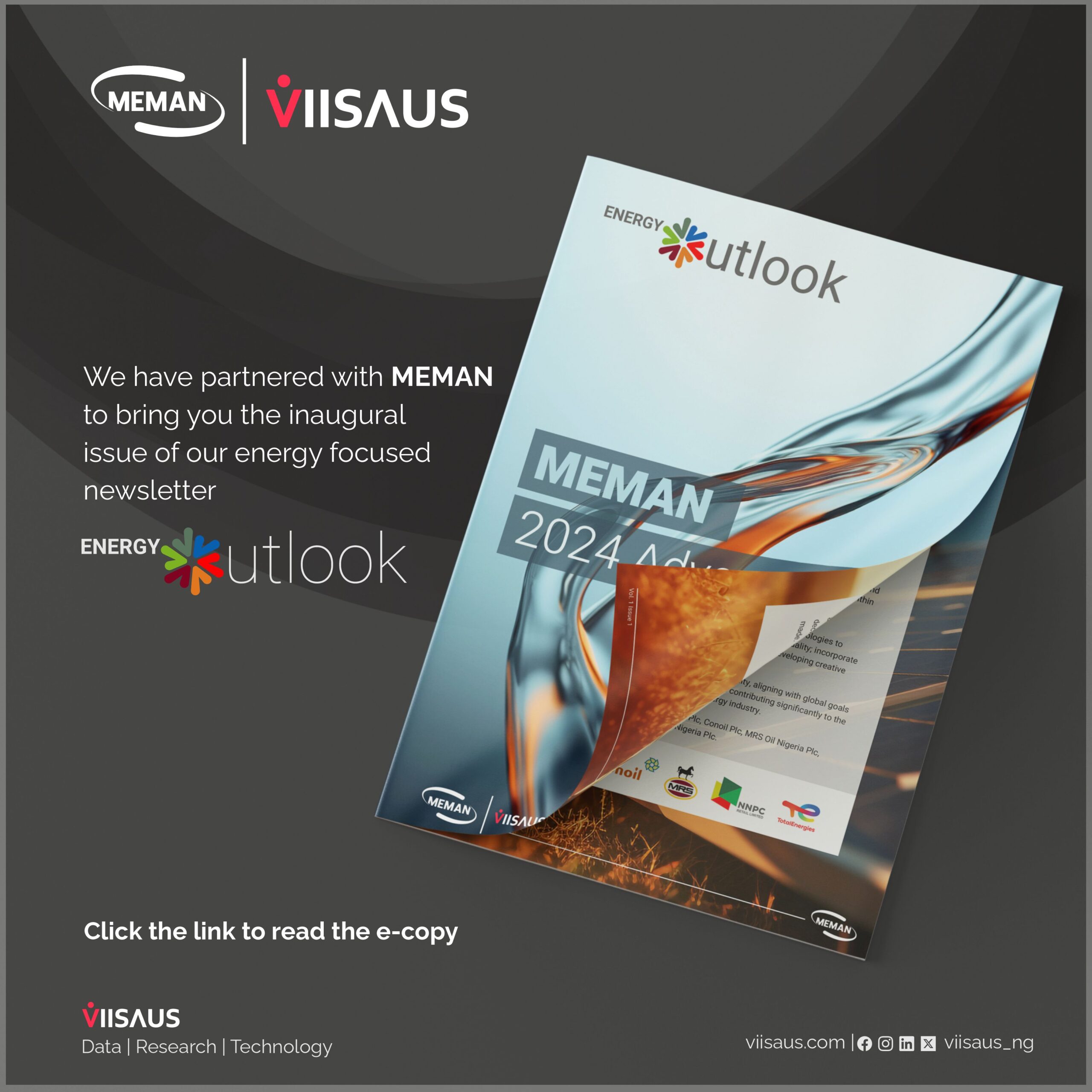
Insurance in Nigeria: Barriers, Opportunities and the Lagos Case Study
Insurance plays a crucial role in economic stability and financial protection, yet uptake in Nigeria remains significantly low compared to global benchmarks. Despite the industry’s potential, many individuals and businesses continue to operate without adequate coverage, exposing themselves to unnecessary financial risk

Nigeria’s Tax Divide: Who’s Winning, Who’s Losing?
The tax reform effort of the current administration which seeks to reform Nigeria’s tax collection and administration systems. This reform consists of 4 different bills. However, the Nigeria Tax Administration Bill has sparked intense debates across various regions of the country.

Off-cycle Elections: A Dive into the Implications of Off-Cycle Gubernatorial Elections in Nigeria
The Independent National Electoral Commission (INEC) recently concluded off-cycle gubernatorial elections in Edo and Ondo States. These elections, though routine in execution, have intriguing backstories rooted in landmark court rulings that reshaped the political landscape of these states and demonstrated the dynamism of Nigeria’s democracy.

VIISAUS Partners with HCD Nigeria to Accelerate Human Capital Development (HCD 2.0) in the Country
A new phase of Human Capital Development, HCD 2.0, has been introduced to accelerate well-coordinated and streamlined investment in people to promote equitable economic growth in Nigeria. In light of this, VIISAUS has partnered with HCD Nigeria to accelerate this programme.

VIISAUS Presents Carbon Market Research Findings for the African Union Development Agency – NEPAD at COP28 UAE
VIISAUS participated in COP28 UAE, where our co-founder, Tijani Nwadei, presented the results of our Carbon Market research for the African Union Development Agency-NEPAD: “Towards Sustainability: Examining Africa’s Carbon Market Dynamics.” This research provided a comprehensive analysis of Africa’s carbon market and its potential for promoting sustainable development across the continent.

VIISAUS and IDH Drive Community – Driven Conservation Efforts Around Okomu Forest Reserve
VIISAUS has played a pivotal role in climate advocacy by collaborating with global and continental stakeholders. In our latest initiative, we partnered with IDH, an organization committed to transforming landscapes through global collaboration, to launch a collaborative advocacy campaign in the communities surrounding the Okomu Forest Reserve in Edo State, Nigeria.

Energy Outlook Newsletter (MEMAN/VIISAUS)
We’ve collaborated with the Major Energy Marketers Association of Nigeria (MEMAN) to present the first edition of our energy-focused newsletter. This partnership reflects our commitment to excellence and innovation in the Nigerian energy sector, placing it at the forefront of our endeavors.

VIISAUS AND THE CANADIAN DEPUTY HIGH COMMISSION IN LAGOS, NIGERIA, PARTNER TO EMPOWER WOMEN-LED BUSINESSES IN THE AGRICULTURE SECTOR
VIISAUS is proud to announce its partnership with the Canadian Deputy High Commission in Lagos, Nigeria, to spearhead initiatives aimed at empowering women-led enterprises in the agriculture sector. This collaboration aligns with the Trade program’s objectives for the fiscal year 2023-2024, as outlined in the mandate letters addressed to the Minister of Small Business, Export Promotion and International Trade, and Minister of Agriculture and Agri-Food.

Climate Finance: The Lifeblood Fueling The Fight Against Climate Change
Climate change, with its looming threats to human welfare, economic stability, and environmental harmony, stands as one of humanity’s greatest challenges today. Addressing it requires nothing short of a sweeping overhaul: transforming energy systems, reimagining transportation infrastructure, reshaping land management practices, and redefining consumption behavior.

Beyond Money, Nigeria’s Multidimensional Poverty Landscape
According to the 2022 Multi-dimensional Poverty Index survey conducted by the Nigeria Bureau of Statistics (NBS), the United Nations Development Programme (UNDP), and other partners – over half of the population of Nigeria is multidimensionally poor and cooks with dung, wood, or charcoal, rather than cleaner energy, with high deprivations apparent nationally in sanitation, time to healthcare, food insecurity, and housing.